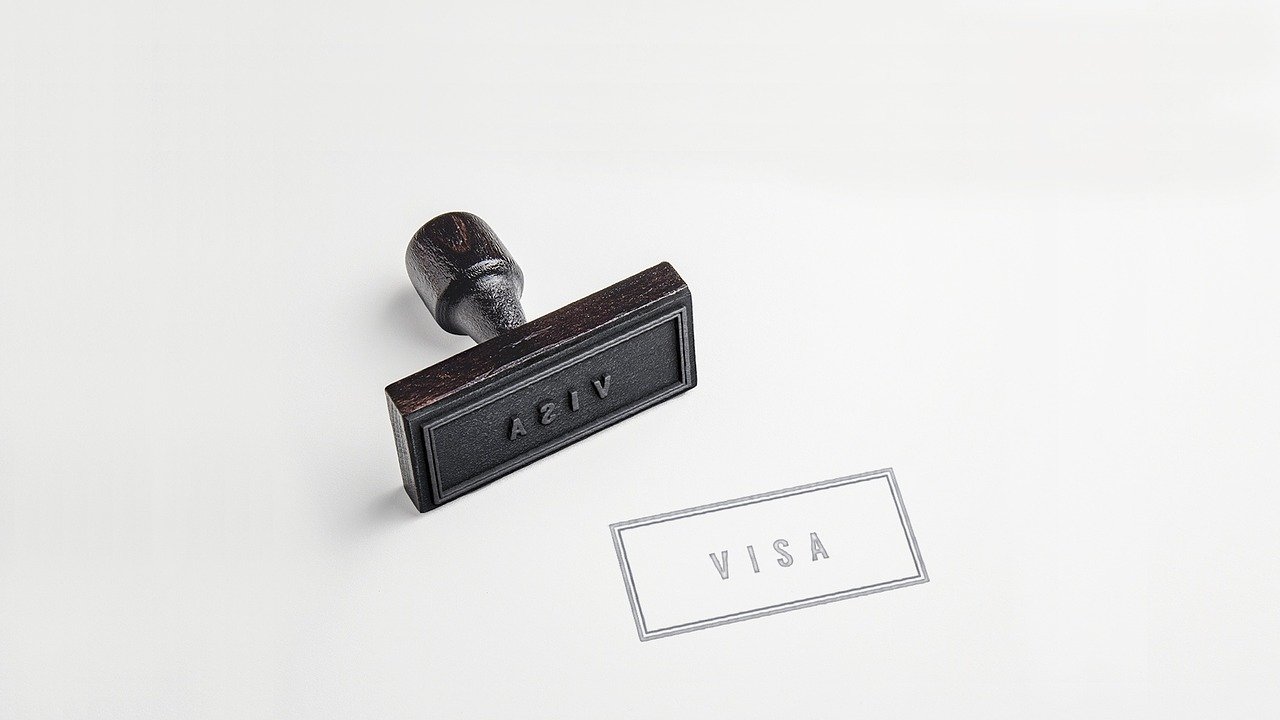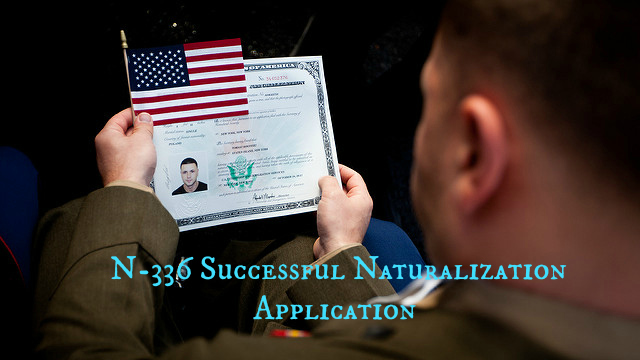In this blog post, we share with you new guidance released by the U.S. Citizenship and Immigration Services (USCIS) regarding instances where the last day of filing a benefit request or response to a Request for Evidence or a Notice of Intent to Deny, Revoke, Rescind, or Terminate, falls on a Saturday, Sunday, or federal holiday.
USCIS recently issued a policy alert clarifying that the agency does not accept paper-based applications or petitions on Saturdays, Sundays, or federal holidays.
In light of this, USCIS has clarified that, in instances where the last day of a period for filing a paper-based benefit request, such as the last day before a requestor’s or beneficiary’s birthday, or the last day of a qualifying time period, falls on a Saturday, Sunday, or federal holiday, USCIS will consider the filing to be timely if received by the end of the next business day.
Similarly, the USCIS update also clarifies that where the last day to respond by mail to a mailed Request for Evidence or a Notice of Intent to Deny, Revoke, Rescind, or Terminate falls on a Saturday, Sunday, or federal holiday, USCIS will consider the response timely if received by the end of the next business day.
With respect to electronically-submitted responses, they are considered received immediately upon submission. These filings, therefore, are not affected by the fact that USCIS does not accept deliveries on Saturdays, Sundays, and federal holidays, and are not impacted by the new policy clarification.
 Visa Lawyer Blog
Visa Lawyer Blog











